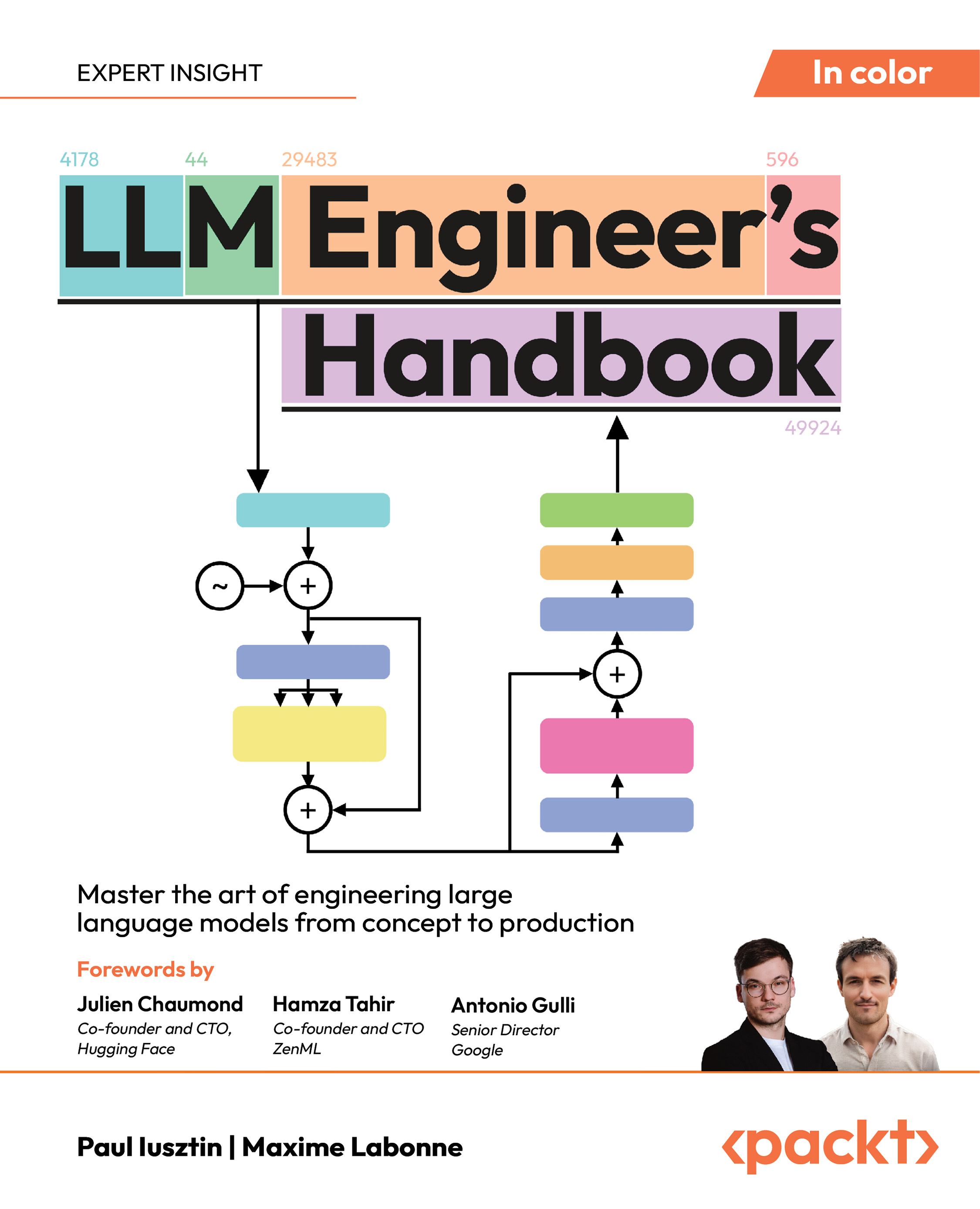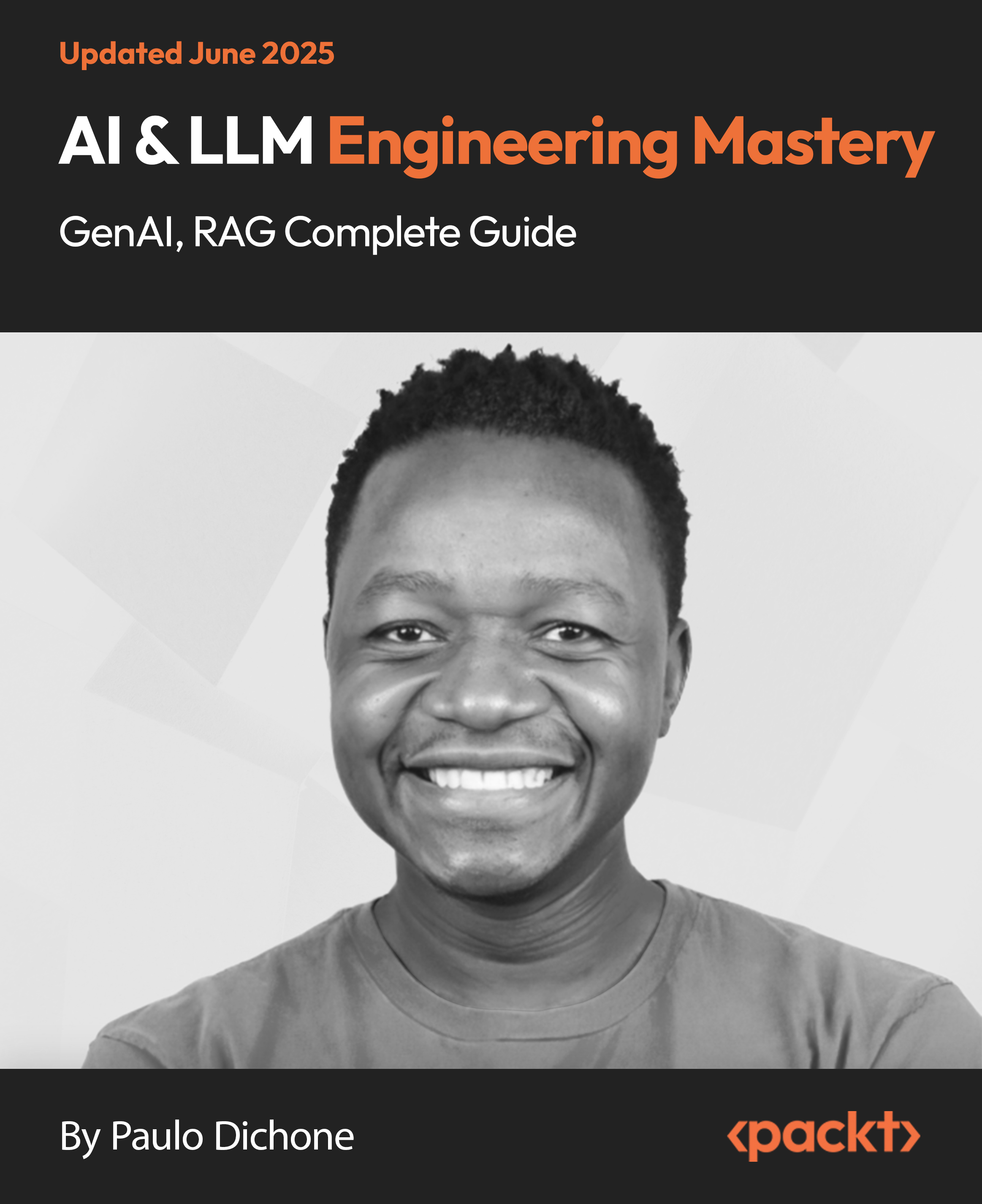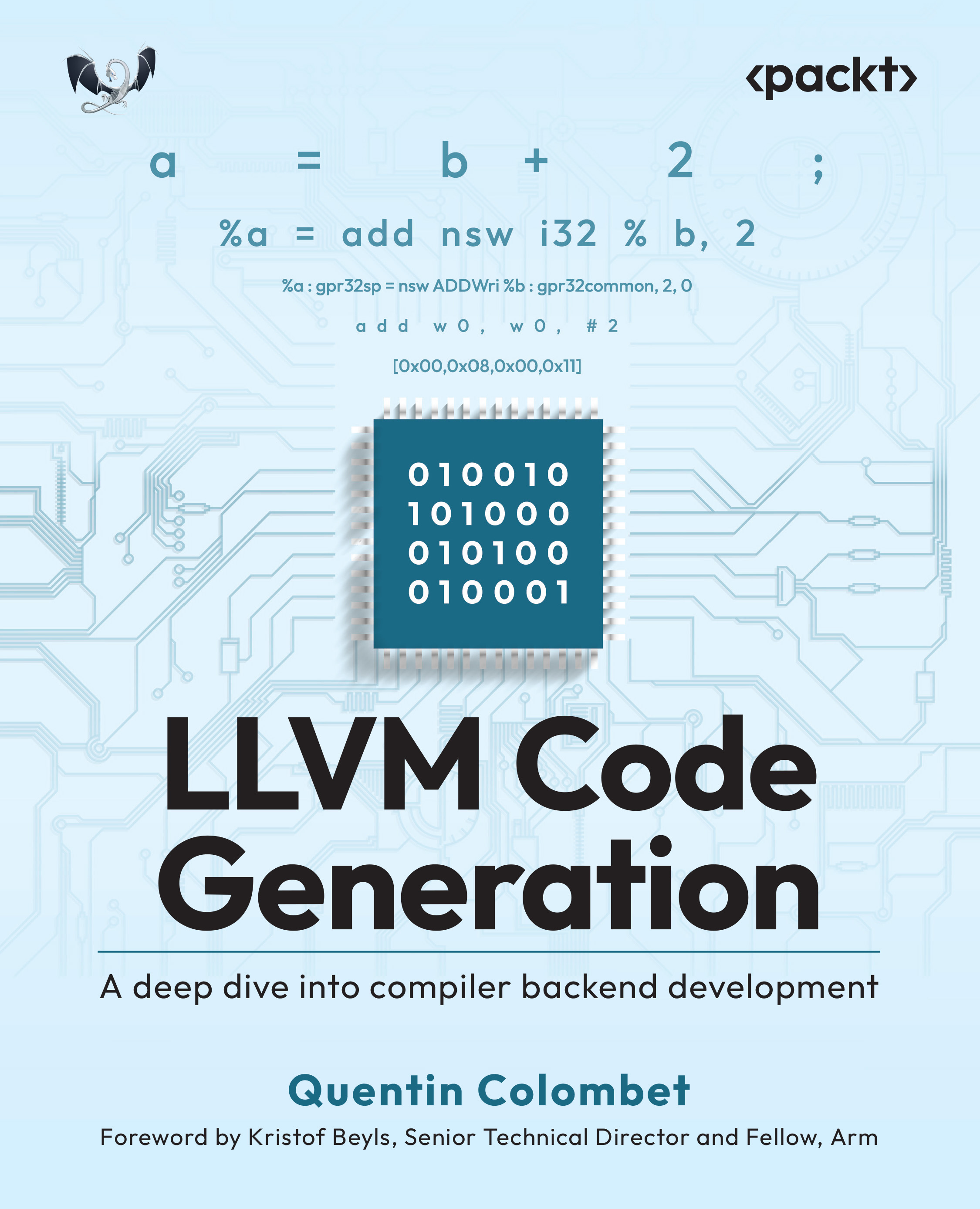On Tuesday, Stanford University researchers introduced two recent datasets collected by the Stanford NLP Group to further advance the field of machine reading. These two new datasets CoQA (Conversational Question Answering), and HotpotQA work towards incorporating more “reading” and “reasoning” in the task of question answering and move beyond questions that can be answered by simple pattern matching.
CoQA aims to solve the problem by introducing a context-rich interface of a natural dialog about a paragraph of text. The second one, HotpotQA goes beyond the scope of one paragraph and presents the challenge of reasoning over multiple documents to arrive at the answer.
Lately, solving the task of machine reading or question answering is becoming an important section towards a powerful and knowledgeable AI system. Recently, large-scale question answering datasets like the Stanford Question Answering Dataset (SQuAD) and TriviaQA have progressed a lot in this direction. These datasets have enabled good results in allowing researchers to train deep learning models
What is CoQA?
Most of the question answering systems are limited to answering questions independently. But usually while having a conversation there happens to be a few interconnected questions. Also, it is more common to seek information by engaging in conversations involving a series of interconnected questions and answers. CoQA is a Conversational Question Answering dataset developed by the researchers at Stanford University to address this limitation and working in the direction of conversational AI systems.
Features of CoQA dataset
- The researchers didn’t restrict the answers to be a contiguous span in the passage. As a lot of questions can’t be answered by a single span in the passage, which will limit the naturalness of the conversations. For example, for a question like How many times a word has been repeated?, the answer can be simply three despite text in the passage not spelling this out directly.
- Most of the QA datasets mainly focus on a single domain, which makes it difficult to test the generalization ability of existing models. The CoQA dataset is collected from seven different domains including, children’s stories, literature, middle and high school English exams, news, Wikipedia, Reddit, and science.
Unlock access to the largest independent learning library in Tech for FREE!
Get unlimited access to 7500+ expert-authored eBooks and video courses covering every tech area you can think of.
Renews at $15.99/month. Cancel anytime
The CoQA challenge launched in August 2018, has received a great deal of attention and has become one of the most competitive benchmarks. Post the release of Google’s BERT models, last November, a lot of progress has been made, which has lifted the performance of all the current systems. Microsoft Research Asia’ state-of-the-art ensemble system “BERT+MMFT+ADA” achieved 87.5% in-domain F1 accuracy and 85.3% out-of-domain F1 accuracy. These numbers are now approaching human performance.
HotpotQA: Machine Reading over Multiple Documents
We often find ourselves in need of reading multiple documents to find out about the facts about the world. For instance, one might wonder, in which state was Yahoo! founded? Or, does Stanford have more computer science researchers or Carnegie Mellon University? Or simply, How long do I need to run to burn the calories of a Big Mac? The web does contain the answers to many of these questions, but the content is not always in a readily available form, or even available at one place.
To successfully answer these questions, there is a need for a QA system that finds the relevant supporting facts and to compare them in a meaningful way to yield the final answer. HotpotQA is a large-scale question answering (QA) dataset that contains about 113,000 question-answer pairs. These questions require QA systems to sift through large quantities of text documents for generating an answer.
While collecting the data for HotpotQA, the researchers have annotators to specify the supporting sentences they used for arriving at the final answer.
To conclude, CoQA considers those questions that would arise in a natural dialog given a shared context, with challenging questions that require reasoning beyond one dialog turn. While, HotpotQA focuses on multi-document reasoning, and challenges the research community for developing new methods to acquire supporting information.
To know more about this news, check out the post by Stanford.
Stanford experiment results on how deactivating Facebook affects social welfare measures
Thank Stanford researchers for Puffer, a free and open source live TV streaming service that uses AI to improve video-streaming algorithms
Stanford researchers introduce DeepSolar, a deep learning framework that mapped every solar panel in the US
 United States
United States
 Great Britain
Great Britain
 India
India
 Germany
Germany
 France
France
 Canada
Canada
 Russia
Russia
 Spain
Spain
 Brazil
Brazil
 Australia
Australia
 South Africa
South Africa
 Thailand
Thailand
 Ukraine
Ukraine
 Switzerland
Switzerland
 Slovakia
Slovakia
 Luxembourg
Luxembourg
 Hungary
Hungary
 Romania
Romania
 Denmark
Denmark
 Ireland
Ireland
 Estonia
Estonia
 Belgium
Belgium
 Italy
Italy
 Finland
Finland
 Cyprus
Cyprus
 Lithuania
Lithuania
 Latvia
Latvia
 Malta
Malta
 Netherlands
Netherlands
 Portugal
Portugal
 Slovenia
Slovenia
 Sweden
Sweden
 Argentina
Argentina
 Colombia
Colombia
 Ecuador
Ecuador
 Indonesia
Indonesia
 Mexico
Mexico
 New Zealand
New Zealand
 Norway
Norway
 South Korea
South Korea
 Taiwan
Taiwan
 Turkey
Turkey
 Czechia
Czechia
 Austria
Austria
 Greece
Greece
 Isle of Man
Isle of Man
 Bulgaria
Bulgaria
 Japan
Japan
 Philippines
Philippines
 Poland
Poland
 Singapore
Singapore
 Egypt
Egypt
 Chile
Chile
 Malaysia
Malaysia













